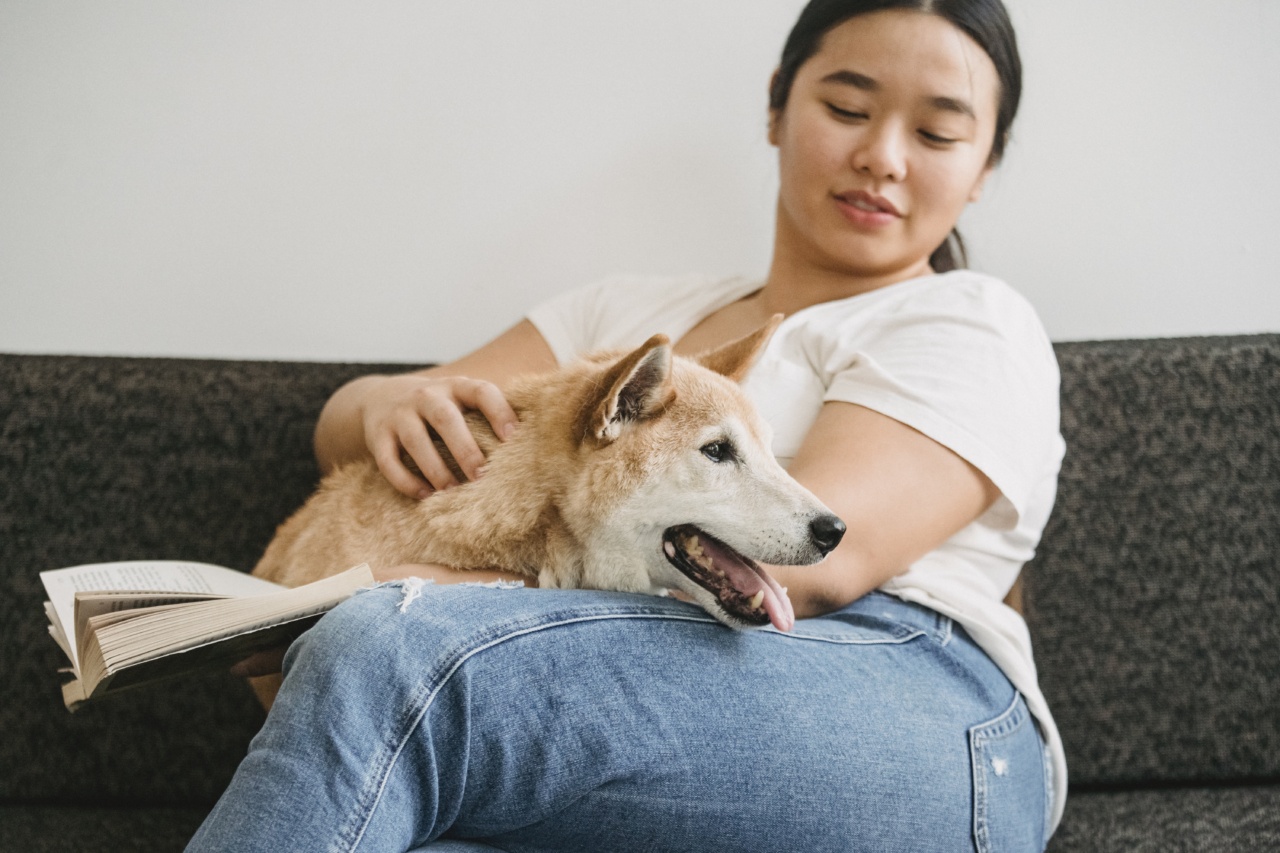A dog is not just a pet, but a part of the family. A healthy dog makes a happy owner. Keeping your furry friend in good health is essential for a long and joyful life together. Here are ten tips for maintaining the health of your dog.
Get Regular Check-Ups From A Veterinarian
Regular check-ups are essential for the health of your dog. Schedule an appointment with a veterinarian and take your furry friend for annual checkups. Your veterinarian will check for problems and give recommendations for preventative health measures.
Don’t wait until your dog is sick to see a vet!.
A Balanced Diet
A healthy diet is the foundation of good health, and dogs are no exception. Feeding your dog a quality diet with all the essential nutrients, vitamins, and minerals is essential for the maintenance of good health.
Avoid table scraps and feed your dog a balanced diet. Ask your veterinarian for recommendations.
Regular Exercise
A regular exercise routine can help keep your dog healthy and happy. Exercise strengthens muscles and bones, maintains a healthy weight, and stimulates the mind. Take your dog for a walk or run, play games and engage in other physical activities.
The benefits of exercise for your dog cannot be overstated.
Hydration
Water is the fundamental element of life, and dogs need plenty of it to maintain good health. Make sure your dog has access to clean water at all times and keep them hydrated. Dehydration can cause serious health issues.
Consider adding supplements like electrolytes if your dog is exercising heavily or under the weather.
Good Oral Hygiene
Oral hygiene is essential for the health of your dog. Poor oral hygiene can lead to dental problems such as gingivitis, periodontal disease, and tooth decay. Brushing your dog’s teeth is an easy and effective way to maintain good oral hygiene.
In addition, use dog chews and toys to remove plaque and tartar from their teeth.
Regular Grooming
Grooming is not just for beauty purposes, but it also contributes to the health of your dog. Regular grooming helps to maintain healthy skin and coat, prevents infection, and helps detect potential skin problems.
Grooming also provides an opportunity to bond with your dog. Brush their fur, trim their nails, and clean their ears. It’s important to do this regularly.
Keep Vaccinations Up To Date
Vaccinations are essential for preventing disease and protecting the health of your dog. Keep vaccinations up to date and follow a schedule that is recommended by your veterinarian.
Vaccinations help prevent the spread of disease and ensure that your furry friend is protected against potentially deadly illnesses like rabies.
Parasite Control
Parasites like fleas and ticks can cause serious problems for your dog, including skin infections and diseases. Regularly check your dog’s coat for signs of fleas and ticks and use preventative products, like flea collars or topical treatments.
Ask your veterinarian for recommendations.
Monitoring Changes in Behavior
Changes in your dog’s behavior can be an indication of health problems. Keep an eye on your dog’s behavior and monitor any changes. For example, if your dog is unusually lethargic, nauseous, or has diarrhea, it may be an indication of a health issue.
Contact your veterinarian if you notice alarming changes in your dog’s behavior.
Love and Attention
Love and attention are essential for the overall health of your dog. Dogs are social creatures and thrive on attention and affection. Spending quality time with your dog, playing, and cuddling can help reduce stress levels and promote good mental health.































